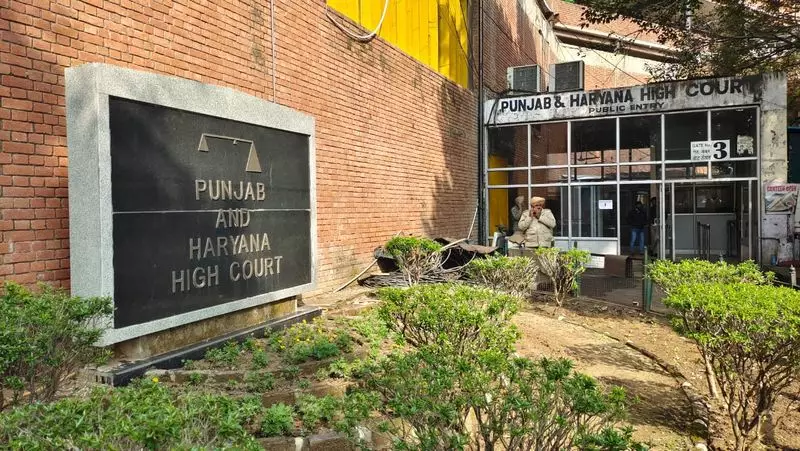
In a groundbreaking judgment that challenges conventional judicial practices, the Punjab and Haryana High Court has delivered a powerful message to courts across the nation: they cannot remain insulated in ivory towers while deciding matters that significantly impact citizens' fundamental rights to travel abroad.
Practical Justice Over Technicalities
The court emphasized that when dealing with pleas concerning passport seizures and travel restrictions, judges must consider the real-world consequences of their decisions rather than getting bogged down by technical legalities alone.
Justice Sandeep Moudgil, presiding over the case, observed that courts need to adopt a pragmatic and humane approach while handling such sensitive matters that directly affect people's livelihoods, education opportunities, and family connections.
Case That Sparked the Ruling
The significant observations came during the hearing of a petition filed by a woman from Patiala district. The petitioner had challenged an order that refused to release her passport, which had been seized in connection with a criminal case.
The lower court had previously denied her request to return the passport, citing ongoing legal proceedings. However, the High Court took a different view, recognizing the practical difficulties faced by the petitioner due to the travel restrictions.
Key Judicial Principles Established
- Courts must balance legal requirements with humanitarian considerations
- Judges should consider the purpose and necessity of foreign travel
- Blanket restrictions on passport release cannot be imposed without justification
- The duration of passport seizure must be reasonable and proportionate
- Courts should examine whether travel poses any flight risk in each case
Broader Implications for Indian Judiciary
This judgment marks a significant shift toward a more citizen-centric approach in judicial proceedings. The High Court's stance sends a clear message to all judicial officers to consider the practical impact of their decisions on people's lives.
The court particularly emphasized that when citizens approach courts seeking permission to travel abroad for genuine purposes such as employment, education, or family emergencies, their pleas deserve serious and practical consideration rather than mechanical dismissal based on technical grounds.
This progressive approach is expected to influence how courts across India handle similar cases involving passport impoundment and travel restrictions, ensuring that justice is not only done but is seen to be done in a manner that acknowledges the realities of modern life and global connectivity.





